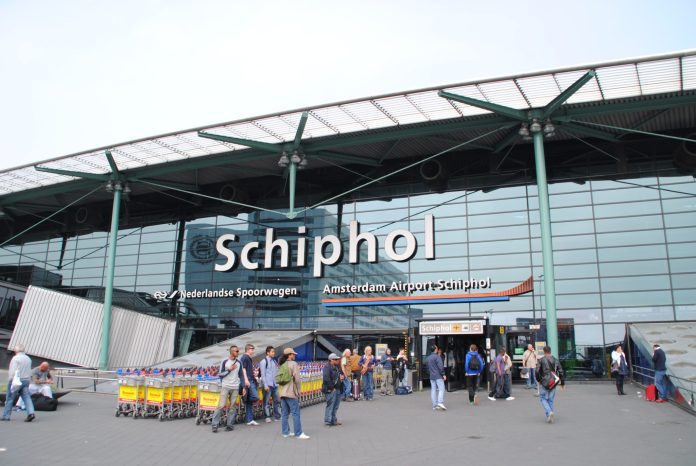French IoT firm Kerlink and Dutch systems integrator MCS have deployed a private LoRaWAN network at Schiphol airport in Amsterdam.
The network offers coverage in all public areas, including arrival and departure halls, lounges, piers, and shopping area. It also provides coverage in non-public areas such as baggage basements and airline ramps.
MCS has installed a network of sensors, including accelerometers, barometers, and magnetometers on the network. These transmit and monitor data, including indoor and outdoor temperatures and humidity levels. Around 500 sensors have been deployed to rate cleanliness in the toilets, as well.
Data from the sensors provides airport managers with live information about facilities. The setup, affording greater range and reduced power consumption compared to Wi-Fi, according to the companies involved, is designed and operated by Schiphol Telematics, the airport’s telecoms provider.
Aurélien Seugnet, account manager at Kerlink, said: “This collaboration shows how two nimble, customer-focused companies can work with local authorities to design, deploy, and operate private networks that achieve the authorities’ specific goals.The roject highlights our continuing success in serving major public-facility verticals such as smart airports, smart cities, and smart harbors.”
Jasper den Hartog, chief commercial officer at MCS, said: “Our partnership with Kerlink, which began five years ago, helped Schiphol Airport to design and install a multi-application IoT network that will monitor a large facility, improve services for travelers, and reduce energy use. We expect to build on this success and work with officials across The Netherlands to install more key smart networks.”
Kerlink’s Wirnet iBTS and Wirnet iFemtoCell LoRaWAN gateways, for indoor and outdoor deployments, have been used, along with its Wanesy Management Center, which combines a LoRa network server and real-time remote-management tools.

